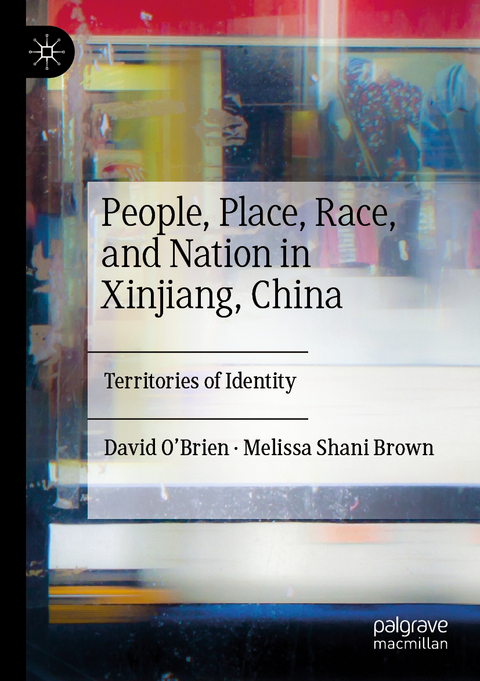
People, Place, Race, and Nation in Xinjiang, China
Palgrave Macmillan (Verlag)
978-981-19-3778-1 (ISBN)
Significant international attention has condemned the CCP’s use of forced internment in ‘re-education’ camps, as well as its campaign of cultural assimilation. In this wider context, this book focuses upon the ways in which ethnic difference is writ through the banalities of everyday life: who one trusts, what one eats, where one shops, even what time one’s clocks are set to (Xinjiang being perhaps one of the only places where different ethnic groups live by different time-zones).
Alongside chapters focusing upon the coercive ‘re-education’ campaign, and the devastating Ürümchi Riots in 2009, this book also unpacks how discourses of Chinese nationalism romanticise empire and promote racialised ways of thinking about Chineseness, how cultural assimilation (‘Sinicisation’) is being justified through the rhetoric of ‘modernisation’, how Islamic sites and Uyghur culture are being secularised and commodified for tourist consumption. We also explore Uyghur and Han perspectives, including of each other, giving insight into the diversity of opinions within both groups.
Based on many years of living and working in China, and fieldwork and interviews specifically in Xinjiang, this book will be valuable to a variety of readers interested in the region and Uyghur and Han identity, ethnic/national identities in contemporary China, and racisms in non-western contexts.
David O’Brien is a Research Associate with the Faculty of East Asian Studies, Ruhr-Universität Bochum, Germany. His research focusses on ethnic identity in contemporary China and the interplay between ethnicity and politics. Melissa Shani Brown is affiliated with the Faculty of East Asian Studies, Ruhr-Universität Bochum, Germany. Her research interests include the conceptual uses of ‘silence’ in critical theory and cultural texts, and intersectionality.
Chapter 1. Introduction.- Chapter 2. Being and Becoming Chinese: Nation, Ethnicity, Race in Xinjiang.- Chapter 3. Killing the Weeds: The Re-education Camps, Carcinogenic Culture, and Techniques of Modernization.- Chapter 4. Everyday Others: ethnic divides in Xinjiang.- Chapter 5. The Ethnicity of Time: Policing Identity through Practices.- Chapter 6. Ethnic Difference as a Mortal Threat: the Ürümchi Riots.- Chapter 7. The Past as Envisioned for the Future: Sinicizing Historicized identities in Xinjiang.- Chapter 8. Eating the Other: Assimilation and Commodification of Ethnic Difference.- Chapter 9. Becoming-Modern: Sinicization, Existential Threats, and Secular Time.- Chapter 10. Conclusion: Futures of the New Frontier
| Erscheinungsdatum | 15.11.2023 |
|---|---|
| Zusatzinfo | 32 Illustrations, color; 1 Illustrations, black and white; XV, 353 p. 33 illus., 32 illus. in color. |
| Sprache | englisch |
| Maße | 148 x 210 mm |
| Themenwelt | Geisteswissenschaften ► Geschichte ► Regional- / Ländergeschichte |
| Recht / Steuern ► Strafrecht ► Kriminologie | |
| Sozialwissenschaften ► Ethnologie | |
| Sozialwissenschaften ► Soziologie | |
| Schlagworte | China • Han • Nationalism • race and ethnicity • Uyghur • Xinjiang |
| ISBN-10 | 981-19-3778-8 / 9811937788 |
| ISBN-13 | 978-981-19-3778-1 / 9789811937781 |
| Zustand | Neuware |
| Haben Sie eine Frage zum Produkt? |
aus dem Bereich


